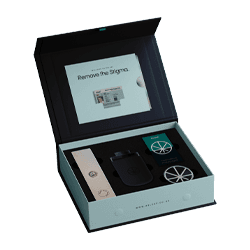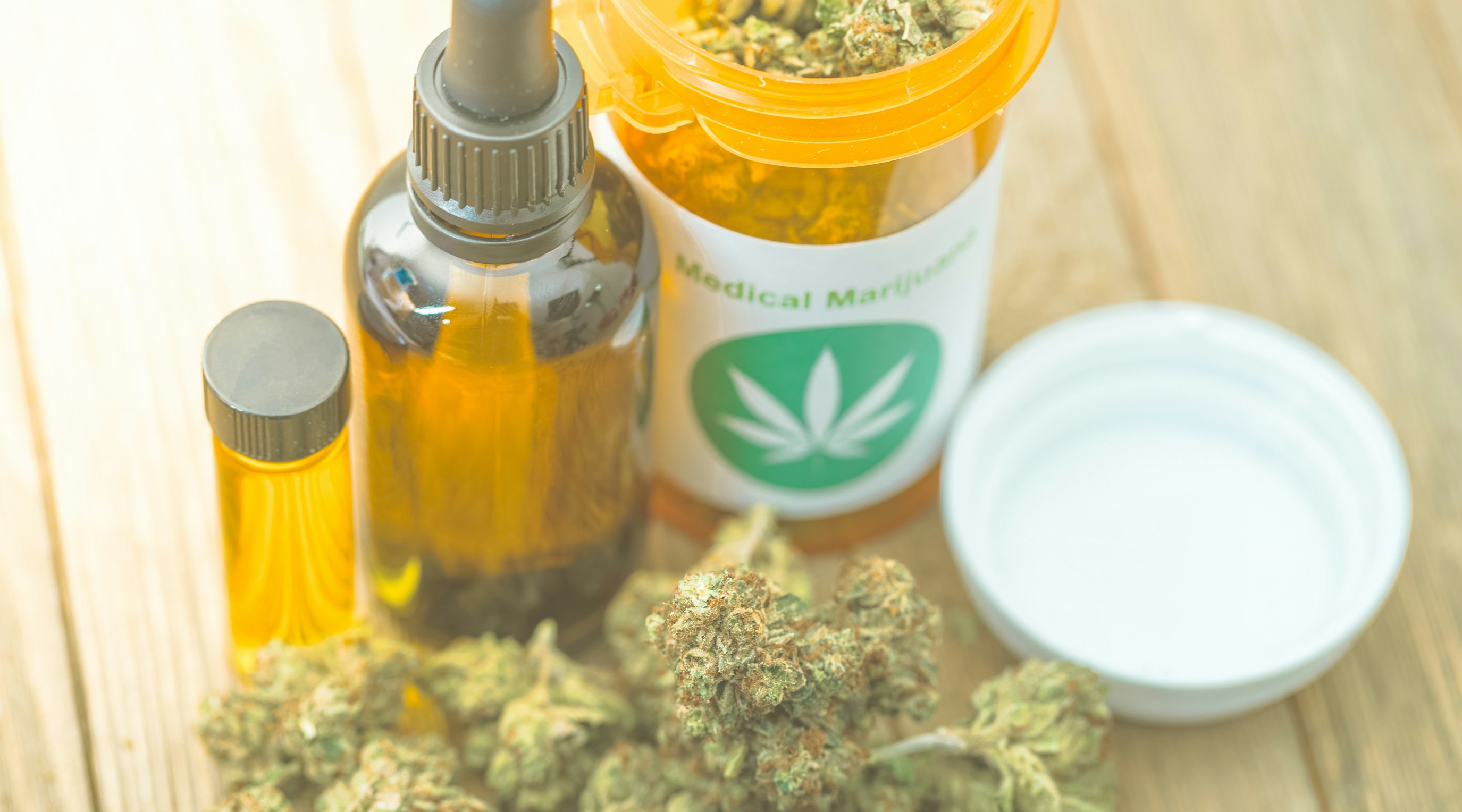The basics of the Misuse of Drugs Act 1971
The Misuse of Drugs Act 1971 establishes a classification system for drugs in the UK. It divides them into three categories (A, B and C) in decreasing order of severity. Cannabis is currently a Class B drug. CBD, however, is not a classified drug at all.
The act permits the government to update these classifications as it sees fit. This is known as scheduling. The government may also permit exceptions to prohibitions on drugs if there is a medical justification for doing so.
It also defines the sanctions applied to those who break it. Since it covers a wide range of drugs, it has a matching range of sanctions it can apply depending on the severity of the office. These range from fines and asset forfeiture to imprisonment for various periods.
Definition of CBD under UK law
Under UK law, CBD (cannabidiol) is defined as a phytocannabinoid obtained from the cannabis plant with a THC content that does not exceed 0.2%. THC, the psychoactive component of cannabis, is responsible for its intoxicating effects. The production, sale, labelling and marketing of CBD are strictly regulated in the UK to uphold consumer safety and comply with legal standards. These regulations aim to ensure that CBD products meet specific quality and safety requirements for the benefit of consumers.
CBD from hemp vs. CBD from cannabis
Hemp is a derivative of the cannabis plant. In fact, it’s often referred to as ‘industrial cannabis’. Hemp is known for having minimal to no THC. This means that it is relatively easy for CBD producers to ensure that their CBD products contain less than 0.2% THC.
The law itself does not differentiate between CBD derived from hemp and CBD derived from cannabis. It only differentiates between products with different CBD levels. As long as the CBD product comes in below the threshold, it is legal.
Similarly, the law does not significantly differentiate between the growth of the hemp plant and the growth of the cannabis plant. Both are licensed. It is somewhat easier to get a licence to cultivate hemp but only if you do not use the parts of the plant that produce cannabinoids. If you want to cultivate hemp for CBD, then you need another licence. Other forms of cannabis can also only be cultivated under a specific licence.
The difficulties of obtaining the necessary licences mean that, currently, practically no CBD products are produced in mainland UK. Jersey, by contrast, now has fairly significant medical cannabis production (relative to its size). CBD products generally need to be imported. This can have implications for reliable delivery, especially post-Brexit.
CBD vs medical cannabis
CBD can be sold in standard retailers and bought without almost no restrictions. At present, there are not even age restrictions (although this may very well change). The only restrictions on CBD products are on vape products. CBD vape products are treated in the same way as nicotine-based vape products and are subject to the same restrictions.
Medical cannabis products may contain above 0.2% THC. It is only available on prescription. Prescriptions can only be given to people with certain designated conditions and can only be written by specialist doctors. Furthermore, as with prescriptions in general, they are highly specific. In other words, they will prescribe a specific form of cannabis to be taken at a specific dose in a specific format.
Is CBD legal in England?
CBD is legal throughout the UK provided it contains a maximum of 0.2% THC. There may, however, be restrictions on its advertisement, sale and use. These restrictions may be set at national, local or private levels. In general, local rules (bylaws) and private rules cannot override national rules, but they can make them stricter.
For example, at present, there are no national laws that forbid vaping CBD in public places. (The Health Act 2006 does not ban vaping in public, only smoking). It is, however, very common for local authorities and private individuals to ban all vaping in places where smoking is banned.
If you are vaping CBD for medical purposes, you may be able to arrange an exemption for this but it’s not guaranteed. Essentially, your need to vape CBD would need to be set against other people’s right to use the space without inhaling your vapour. Given that CBD can be consumed in ways other than vaping, realistically, the odds are probably against an exemption being granted.
Licensing requirements for CBD products
In addition to the licensing requirements for cultivating hemp and cannabis plants, there are further licensing requirements for marketing and selling CBD products. What these are depends on whether the products are being marketed and sold as wellness products or as medicinal products.
Wellness products simply have to meet the standards set by the Food Standards Agency (FSA) regarding novel foods and food supplements. In particular, where CBD products contain other ingredients (e.g. carrier oil), the CBD content must be clearly and accurately stated.
Medical products fall within the purview of the Medicines and Healthcare Products Regulatory Agency (MHRA). They have to be tested in the same way as any other form of medication. This means that sourcing your CBD products through a medical prescription ensures that, thanks to the much more stringent regulatory processes, you can be confident that they meet the highest standards of safety and quality.
Businesses involved in the CBD sector may also need to comply with regulations set by their local authority. For example, they may need to register and demonstrate that they can store their products safely.
Future developments
Brexit has given the UK the opportunity to establish its own regulatory framework for CBD products. It would arguably be pragmatic for the UK government to leverage this to create a robust domestic CBD-production industry.
This would mitigate the risk of CBD supplies to the UK being disrupted by unforeseen events, potentially placing medical users at serious risk of harm. Furthermore, fostering a local CBD industry would have the benefit of generating more jobs in the UK, hence benefiting the local economy.
The UK could also leverage its significant STEM resources to further the research and development of CBD products. This could include new ways to extract specific resources from CBD for more targeted effects. It could also include new ways of delivering CBD. For example, pre-dosed CBD patches could be a much more accurate way of delivering topical CBD than CBD oil.
CBD and the law in the UK in brief
In a nutshell, CBD itself is entirely legal in England and the rest of the UK. Its consumption, sale and production are, however, governed by strict rules. These are intended to protect both consumers and the public as a whole. In particular, CBD vape products tend to be subject to the same sort of restrictions as nicotine-based vape products.
The vast majority of CBD products require only basic licensing and are entirely legal. The only exception to this is medical CBD, which requires the prescription of a specialist doctor for certain conditions. Businesses involved in the CBD sector should also be aware of their local authority’s regulations.
Releaf understands the importance of medical cannabis in treating various medical conditions. With our tailored monthly packages, specialist consultations for medical cannabis, and a unique medical cannabis card for protection, you can access the treatment you need without worrying about the stigma.



